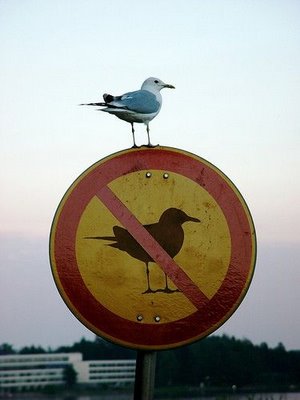The story got a lot of coverage but one of the scientists involved, Matthew Bailes, has done something rather brave in a recent article and should be applauded for it. He used the opportunity given to him by this discovery to defend the climate scientists that are under attack by industry and lobby groups.
Here is a slightly shortened version of what he said...
"Following the publication of our finding in the journal Science, our research received amazing attention from the world's media.
I was asked by many journalists about the significance of the discovery. If I were honest, I'd have to concede that, although worthy of publication in Science, in the field of astrophysics it isn't that significant.
And yet the diamond planet has been hugely successful in igniting public curiosity about the universe in which we live.
Imagine for a minute that, instead of discovering a diamond planet, we'd made a breakthrough in global temperature projections.
Let's say we studied computer models of the influence of excessive greenhouse gases, verified them through observations, then had them peer-reviewed and published in Science.
Instead of sitting back and basking in the glory, I suspect we'd find a lot of commentators, many with no scientific qualifications, pouring scorn on our findings.
People on the fringe of science would be quoted as opponents of our work, arguing that it was nothing more than a theory yet to be conclusively proven.
Before long our credibility and findings would be under serious question.
But luckily we're not climate scientists.
It may come as a big surprise to many, but there is actually no difference between how science works in astronomy and climate change -- or any other scientific discipline for that matter.
We make observations, run simulations, test and propose hypotheses, and undergo peer review of our findings.
Of course we all make mistakes. But eventually the prevailing wisdom of the community triumphs and the field advances.
It's wonderful to be a part of that process.
But on occasion those from the fringe of the scientific community will push a position that is simply not credible against the weight of evidence.
This occurs within any discipline. But it seems it's only in the field of climate science that such people are given airtime and column inches to espouse their views.
Those who want to ignore what's happening to Earth feel they need to be able to quote "alternative studies", regardless of the scientific merit of those studies.
In all fields of science, papers are challenged and statistics are debated. If there is any basis to these challenges they stand, but if not they fall by the wayside and the field continues to advance.
When big theories fall, it isn't because of business or political pressures -- it's because of the scientific process.
Sadly, the same media commentators who celebrate diamond planets without question are all too quick to dismiss the latest peer-reviewed evidence that suggests man-made activities are responsible for changes in concentrations of CO2 in our atmosphere.
The scientific method is universal. If we selectively ignore it in certain disciplines, we do so at our peril."
The full thing is here.
This guy has taken his 15 minutes of fame (as he called it himself) and used it to say something that is bang on the money and was in dire need of saying. Downplaying his own discovery in order to support his colleagues and the environment is not to be sniffed at. The problem is however, that probably the discourse he has given us here will be drowned out by pure nonsense, such as homeopathy* , or pure spin (and nonsense) that clutters up science reporting in the popular press.
--------------------------------------------------------------
*Feel free to take this opportunity to accuse me of working for big pharma (though you couldn't be more wrong. But before you do, I would like you to consider this. Big pharmaceutical companies obviously do not always behave well. However, there is no logical path from that fact to the idea that homeopathy must work.







